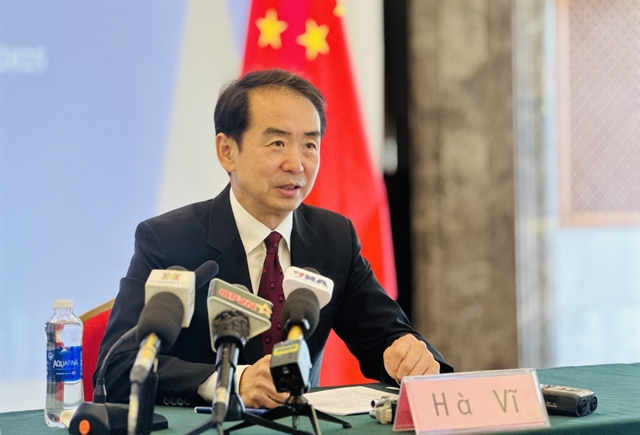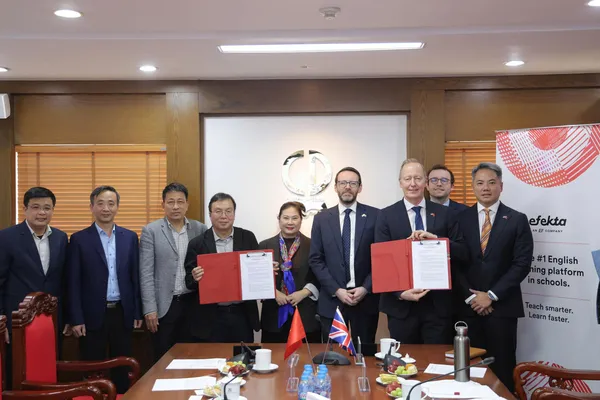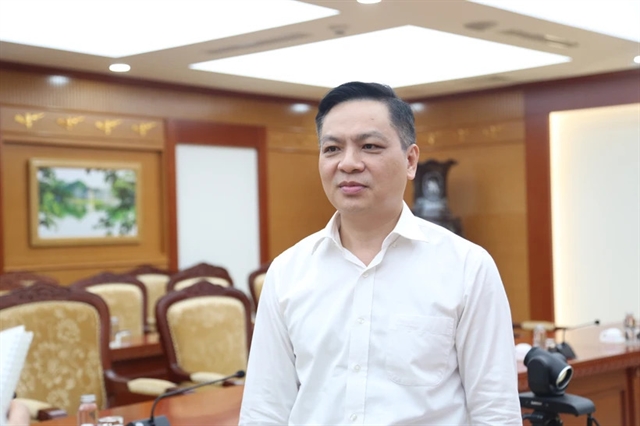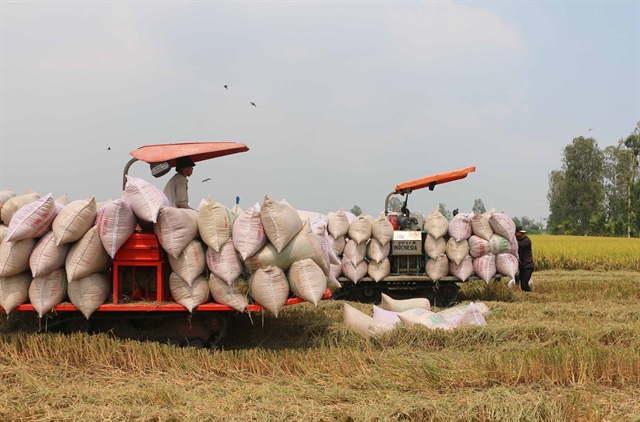 Opinion
Opinion

 |
| Nguyễn Thành Hưng, deputy director of the Department of Tax, Fee and Charge Policy Management under the Ministry of Finance. — Photo vietnamplus.vn |
For over two decades, Việt Nam’s agricultural land use tax exemption has served as key support for rural development and poverty reduction. As the Government considers extending the policy to 2030, concerns remain over its effectiveness and potential misuse. E-newspaper VietnamPlus spoke with Nguyễn Thành Hưng, deputy director of the Department of Tax, Fee and Charge Policy Management under the Ministry of Finance, to understand the proposal.
What are the key reasons behind the Ministry of Finance’s proposal to extend the agricultural land use tax exemption to 2030? And in today’s context, is this policy still the remedy that Việt Nam’s agriculture sector needs?
The Party and State have consistently prioritised agricultural and rural development, with a strong focus on improving farmers’ livelihoods. The agricultural land use tax exemption has been a key policy tool in advancing this goal.
First introduced in 2001, the policy has been adjusted and extended over time to reflect changing conditions. It is currently set to run until the end of 2025 under National Assembly resolutions. The proposal to extend it to 2030 aligns with major Party policies on land consolidation and the drive for sustainable agricultural development.
Beyond easing the financial burden on farmers, the exemption helps channel resources back into production, boosting productivity and improving product quality. This is especially vital as Việt Nam’s agriculture sector faces growing pressure to compete in an increasingly globalised market.
The continued tax exemption is expected to reduce State budget revenue by around VNĐ7.5 trillion (US$289.7 million) annually. What steps is the Ministry of Finance taking to ensure the policy is properly targeted and not misused or wasted through inefficient land use?
While the agricultural land use tax exemption does reduce State budget revenue, it's important to see it in context. The revenue from this tax is minimal, just around 0.00057 per cent of total State revenue in 2023, so the impact on the overall budget is negligible.
Moreover, this is not a new policy but a continuation of an existing one. Extending it to 2030 is unlikely to disrupt budget operations.
That said, we are fully aware of concerns over inefficient land use and cases where farmland is left idle or misused. Addressing these issues requires close coordination between ministries and local authorities.
The Ministry of Finance will continue working with the Ministry of Agriculture and Environment, and local governments to review and improve regulations on land management to ensure transparency and accountability.
We will also step up inspections and strictly handle any violations. Additionally, local tax authorities will be instructed to work with relevant agencies to update land use data, helping ensure accurate oversight and effective implementation of the policy.
Public concern has also focused on fallow land that continues to benefit from tax exemptions. With new provisions introduced in the 2024 Land Law to tackle this issue, how is the Ministry of Finance working with land management agencies to ensure the agricultural land use tax exemption is not exploited?
Land management is a complex issue that requires strong coordination between multiple agencies. Under the Constitution, land is collectively owned by the people, with the State acting as the representative and central manager. The Ministry of Agriculture and Environment serve as the Government’s key agency in this area.
Meanwhile, the Ministry of Finance plays an important role through tax policy development and enforcement. We continue to work closely with these ministries and local authorities to promote effective and sustainable land use.
The 2024 Land Law includes clear provisions for reclaiming fallow land, offering a crucial tool to prevent land waste. The Ministry of Finance will direct tax authorities at all levels to collaborate with relevant agencies to identify violations and ensure legal enforcement.
We will also continue improving land data systems, boosting the skills of tax officials, and stepping up public education on land laws to increase awareness among people and businesses. — VNS




